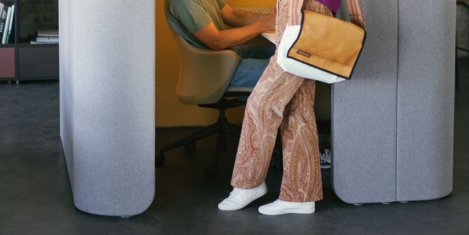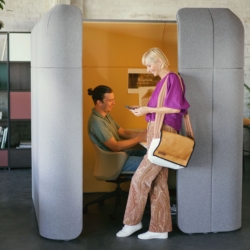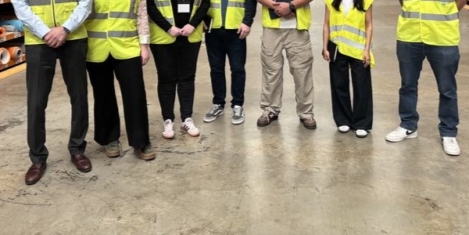February 7, 2013
Workers’ attitudes to data theft at odds with employers’

Half of employees who left or lost their jobs in the last 12 months kept confidential corporate data, according to a global survey from Symantec and 40 percent plan to use it in their new jobs. The results show that employees’ attitudes and beliefs about intellectual property (IP) theft are at odds with the vast majority of company policies. Employees not only think it is acceptable to take and use IP when they leave, but also that companies don’t care. The survey reveals 62 percent believe it is acceptable to transfer documents to PCs, tablets, smartphones or file sharing applications and the majority never delete the data they’ve moved because they do not see any harm in keeping it.
(more…)


































February 23, 2026
AI will either save work or destroy it. Apparently.
by Jo Sutherland • AI, Comment